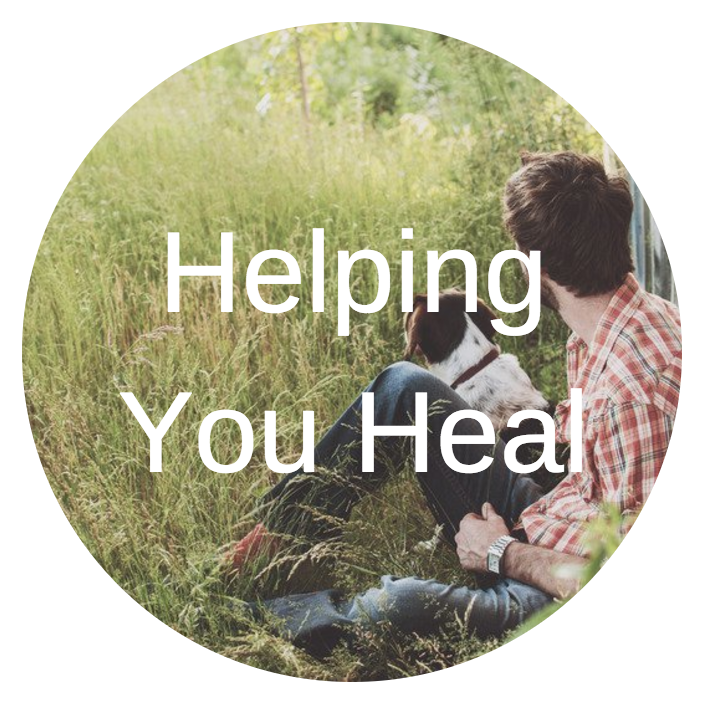How to Reduce Stress in Teens
Standardized tests, social pressures, extra-curricular activities. Whether it is the emotional stress from trying to ace their pre-calculus class or the physical stress from carrying heavy backpacks, today’s teenagers face more stress and pressure than ever before.
Unfortunately, most teenagers are not skilled in dealing with high levels of pervasive stress, and many look for relief in alcohol, drugs, unhealthy eating and other harmful behaviors. Depression and anxiety are on the rise among teens, and parents and educators are concerned about how to help.
A practice to reduce teen stress with the Alexander Technique
Luckily, there is a practice that is uniquely suited to help teenagers cope with both their physical and mental stress in a healthy manner. It is called the Alexander Technique and it empowers teens by providing simple skills for relieving stress, regaining a sense of emotional balance and overall well being. The Alexander Technique can be an excellent option for helping a spine that has been compromised from the loads of heavy backpacks or from sitting for extended periods of time while studying. Postural cues from parents are not always well tolerated by teens, so having an Alexander Technique teacher can be a great way to avoid this tension while helping teens improve their health, teaching them self-care skills.
What is the Alexander Technique?
The Alexander Technique involves learning how to take charge of the body, and how to coordinate the body, breath and mind to achieve overall balance. The Alexander Technique is based on the premise that a body must be well balanced in order to reach optimal functioning. Alexander is beneficial for teenagers because it teaches them how to develop healthy habits such as noticing their posture and breathing habits, and how to deal with change. Teenagers can often become so bogged down by all of the pressures they feel that they become completely overwhelmed by their responsibilities. Lessons in the Alexander Technique teach teens body awareness so they can notice their own body and remedy any habits that are interfering with their movement or posture. This awareness helps prevent or lessen the impact of stress related to academic performance or the physical strain from carrying heavy backpacks.
Teens’ minds and bodies are more adaptable than adults as they have had less time to develop undesirable habits. Teens can quickly adopt new habits through the Alexander Technique, which can serve them well throughout their entire life.
How the Alexander Technique Can Reduce Teen Stress, plus Physical and Emotional Discomfort
Teens often complain of neck, back and head pain because tension from stress builds in those areas. Using Alexander principles, teens will become more aware of how they sit, stand and move and this can reduce strain put on these parts of the body. A randomized control trial (British Medical Journal) with 579 patients with chronic back pain proved that one-on-one Alexander Technique lessons with a trained professional could have positive long-term effects on people with chronic back pain. Alexander lessons also teach individuals how to improve their posture. According to a randomized study published in Health Psychology, improved posture resulted in individuals feeling more excited, strong, and enthusiastic, and having higher self esteem (Health Psychology). The mind and body are closely linked so as the physical tension is released, so too will any negative thoughts or anxieties reduce. This greater self-awareness can increase self-confidence and result in a greater love for life. If teens feel more confident in who they are, their stress will inevitably decrease and they will lead more purposeful, enjoyable lives.
Improving the Breath and & Decreasing the Stress in Teens
Efficient breathing is imperative for good posture, strong movement and a healthy, clear mind. People often don’t realize the importance of the breath and its impact on the rest of the body. The breath is sometimes taken for granted, so people don’t pay much attention to it. However, poor posture and body movements can inhibit free, relaxed breathing. The Alexander Technique can train teens to bring greater awareness to their breath and inner energy so their breath will flow more easily. This will enable teens to feel more at ease both physically and emotionally, and will simultaneously train them to manage the stresses they encounter.
Alexander and The Success of the 21st Century Teen
Much of society measures success by what we produce. Teens are worried about acing their tests in order to gain admission into prestigious schools so they can lead successful careers. I would argue that accounting for happiness, peace and physical and mental well being is an essential component in the equation for progress and success. The Alexander Technique teaches us that increased self-awareness and self-respect will lead to optimal functioning and Alexander gives us the tools to improve posture and breathing practices to ensure long-term spinal care. So, how about we start to include how we feel into the measure of success rather than solely what we produce? Could this new mindset help revitalize 21st century teenagers?
Check out this video to learn about how the Alexander Technique has been successfully integrated into education.
Sources:
Randomized controlled trial of Alexander technique lessons, exercise, and massage (ATEAM) for chronic and recurrent back pain.
Download this pdf to read about the randomized controlled trial of Alexander technique lessons, exercise, and massage (ATEAM) for chronic and recurrent back pain.
Read more about the benefits of the Alexander technique here.
Do slumped and upright postures affect stress responses? Get the research-based answer here.


